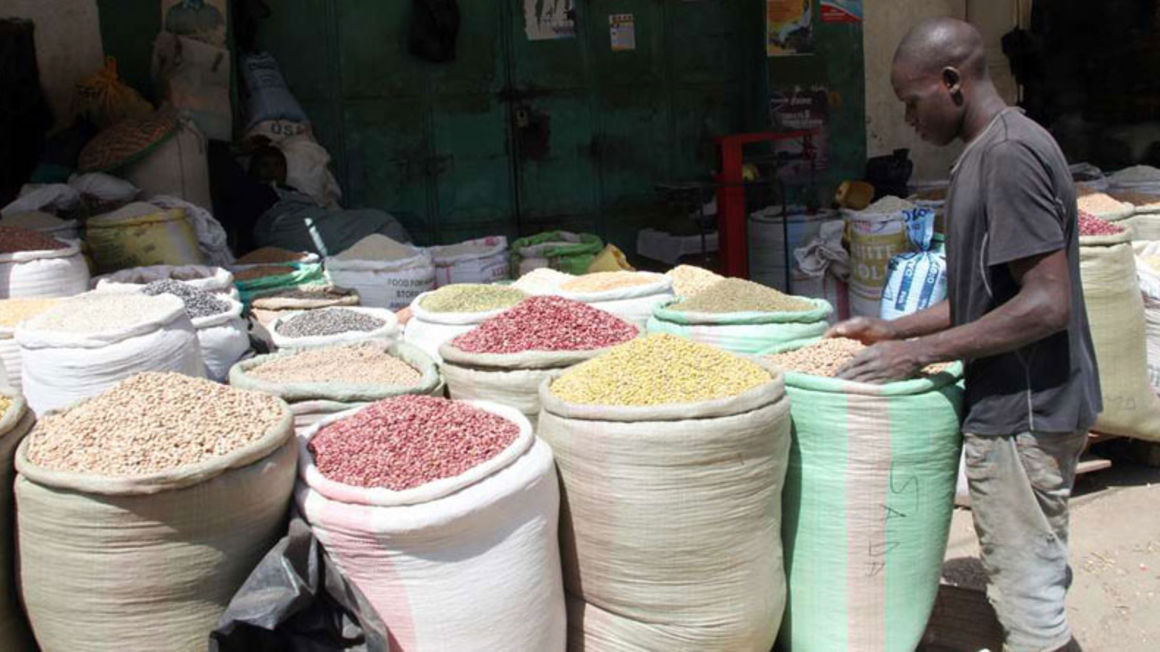We have challenges but we must improve standards - grain council

Cereals seller at a market in gets set for business. PHOTO | LABAN WALLOGA | NMG
What you need to know:
- Mr Mhando Kimatha, the East African Grain Council trade policy researcher and advocacy manager, said Uganda currently produces about 5.5 million metric tonnes of grains, offering exporters and local dealers sufficient supplies
Grain producers under East African Grain Council have said whereas there are external challenges with grain export, the internal market is still huge yet under served.
Speaking at the international commodity trade procedures and processes training in Kampala, Mr Mhando Kimatha, the East African Grain Council trade policy researcher and advocacy manager, said Uganda currently produces about 5.5 million metric tonnes of grains, offering exporters and local dealers sufficient supplies.
However, he said, quality continues to be a challenge, limiting potential for both the export and local markets.
“Uganda produces 5.5 million metric tonnes of grain. Many people may be thinking that we are stuck with, for example, maize but the internal market is huge,” he said, noting that because there is enough production, there is need to look for more markets.
However, he said, new markets will be accessed if there is an improvement in quality of Uganda’s grain.
In March, Kenya banned importation of maize from Uganda, on claims that it contained high levels of aflatoxins.
As a result, the East African Grain Council has embarked on a campaign to find solutions to majority of grain producers’ challenges such as, difficulty to meet sanitary and phytosanitary standards required to export grain to the international market.
During the training, Mr Emmanuel Asiimwe, the East African Grain Council country director, said to make Uganda’s grain more competitive on the international market, the issue of quality should be addressed.
Quality standards, he said, are international expectations that export products must conform with.
Last month, through the Grain Council, Ugandan companies signed contracts in Mombasa to export grain, which Mr Asiimwe said sought to promote international trade in grains.
Mr Kimatha said Uganda has registered progress in grain production but the challenge is linking production to the market, adding that the country was also facing challenges in the area of post-harvest handling thus affecting the quality of grains.
We are working closely with government, particularly the standards agency, to improve compliance to standards along the value chain and make the process of compliance smoother and easier,” he said.




